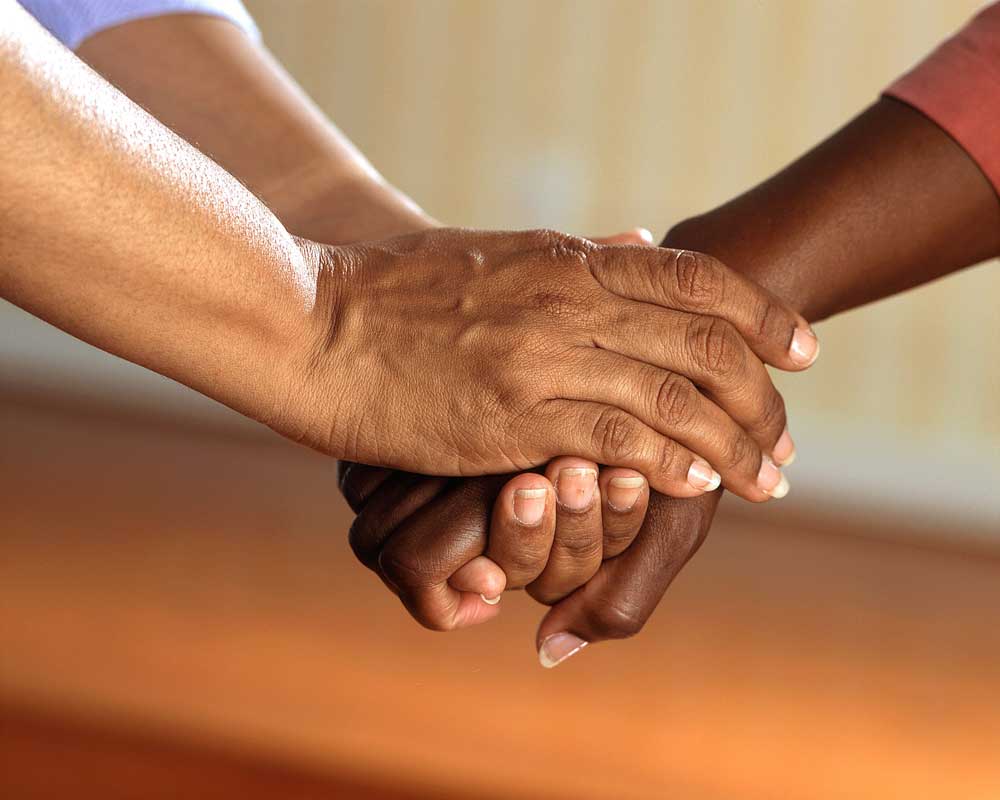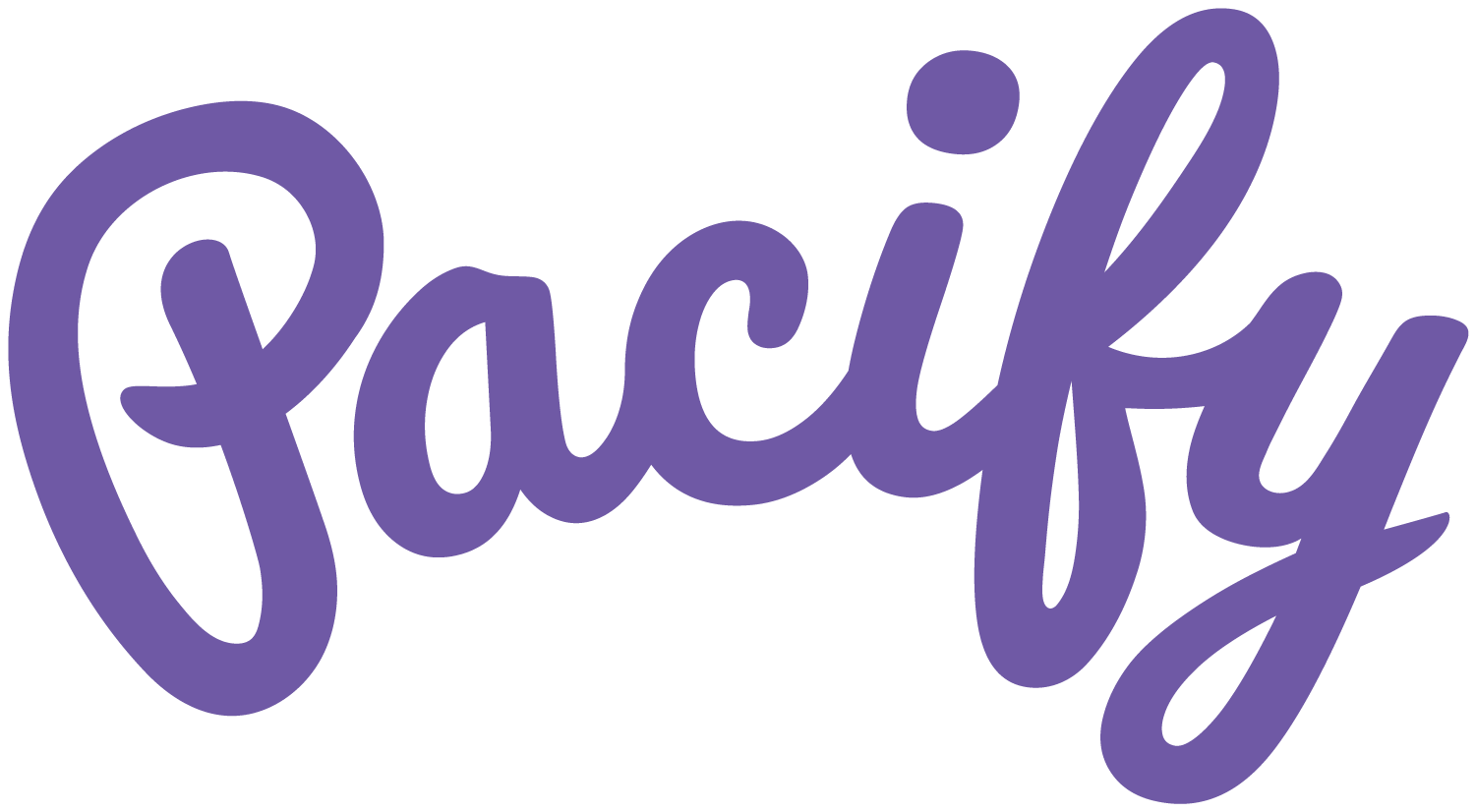
Ever wondered where the whole doula thing came from? Well, buckle up because in this article, we're diving into the backstory of doulas and how this role has changed over time.
Having a baby is a big deal—it's like a full-body workout for your emotions, mind, and, of course, the physical part. But let's be real, being a mom can throw some serious challenges your way.
And that's where doulas step in, like your personal cheerleaders. They've got your back during pregnancy, childbirth, and even after the little one arrives. It's all about giving women the care and support they need in this wild journey of motherhood.
The origin
Let's take a trip back in time to ancient Greece where women had each other's backs during childbirth. The term "doula" actually comes from the Greek word "doulē," which means "female servant." These awesome women were like emotional superheroes, offering support, guidance, and comfort to make sure giving birth was a safe and positive experience.
As time rolled on, this whole women-supporting-women thing stuck around in different forms. Sometimes midwives took the lead, and in other places, it was the mom, grandma, or other female family members stepping up.
Fast forward to the modern era, and things took a turn with the rise of modern medicine. The spotlight shifted from emotional support to medical interventions, and sadly, doulas and their emotional magic took a bit of a backseat.
But guess what? In the '70s, doulas made a comeback, reshaping into the awesome support system we have today. Women started realizing how crucial emotional support is during childbirth, giving birth (pun intended) to the doula movement.
Nowadays, doulas are like the pros of the birthing world. They're trained to bring the emotional, physical, and informational backup to women and their families from pregnancy through postpartum. They team up with medical pros to make sure every woman has a birth experience that's not just good but downright empowering. Go team doula!
When did people start using doulas?
It's not just a modern trend; this emotional support and advocacy role has deep roots that go way back.
Picture this: ancient Greece had "maiai" ladies looking out for moms during the birthing marathon. In other corners of the world, you had "birth attendants" and "wise women" sporting the support and guidance game in Africa and South America.
Now, fast forward to the '60s when the term "doula" became a thing. But the real breakthrough came in the '70s thanks to Dr. John Kennell and his crew. They did some digging and found that having a doula on your team during childbirth was a game-changer, leading to better outcomes for moms.
Since then, doulas have been on the rise, with expecting moms everywhere craving that doula magic. These folks bring a whole toolkit of services to the table: emotional support, physical backup, and being the ultimate advocate for the mom.
The evolution
The way we see childbirth has totally shifted, thanks to the evolution of doulas. Back in the 20th century, medical interventions started taking the spotlight, and emotional support during birth kinda took a backseat. But guess what? Recent years have brought a fresh wave of interest in doulas and the emotional backup they bring.
Studies spill the tea on the benefits of having a doula around during childbirth – we're talking fewer medical interventions, less pain med use, and quicker labor. Doulas don't just show up for the big day; they're your emotional sidekick, advocate, and knowledge bank, making sure you feel like a boss in control of your birth journey.
As more people jump on the doula bandwagon, there are organizations left and right training and certifying doulas, making sure they're top-notch in providing care. These groups are also waving the flag for recognizing doulas as a crucial part of the maternity care team.
But, hold up, there's a glitch in the system. While demand for doulas is through the roof, not everyone has access, especially those in marginalized communities. So, here's the deal – some states are stepping up and including doula care in Medicaid, and organizations are hustling to bring doula care to underserved communities. Still, there's a long road ahead to make sure all women, no matter where they're from, can snag the emotional support and advocacy they deserve during childbirth. Find out if you have access to Pacify at no cost via your Medicaid plan!
The evolution of doulas is like a neon sign flashing "Emotional Support Matters" in the world of childbirth. It’s beautiful.
Imagine having a support system right at your fingertips, ready to offer guidance tailored just for you. Pacify is like having a best friend who's got all the resources and advice you need. Struggling with breastfeeding? No worries, they've got you covered! But wait, there's more! They also give you access to lactation consultants, pediatric nurses, and even doulas! Yep, those amazing birth companions who provide emotional support and guidance during pregnancy, childbirth, and beyond. How cool is that? Whenever you need some parenting wisdom, Pacify there for you 24/7. It's like having a squad of experts cheering you on through this parenthood journey. You're not alone—Pacify Health is here to support you every step of the way!

